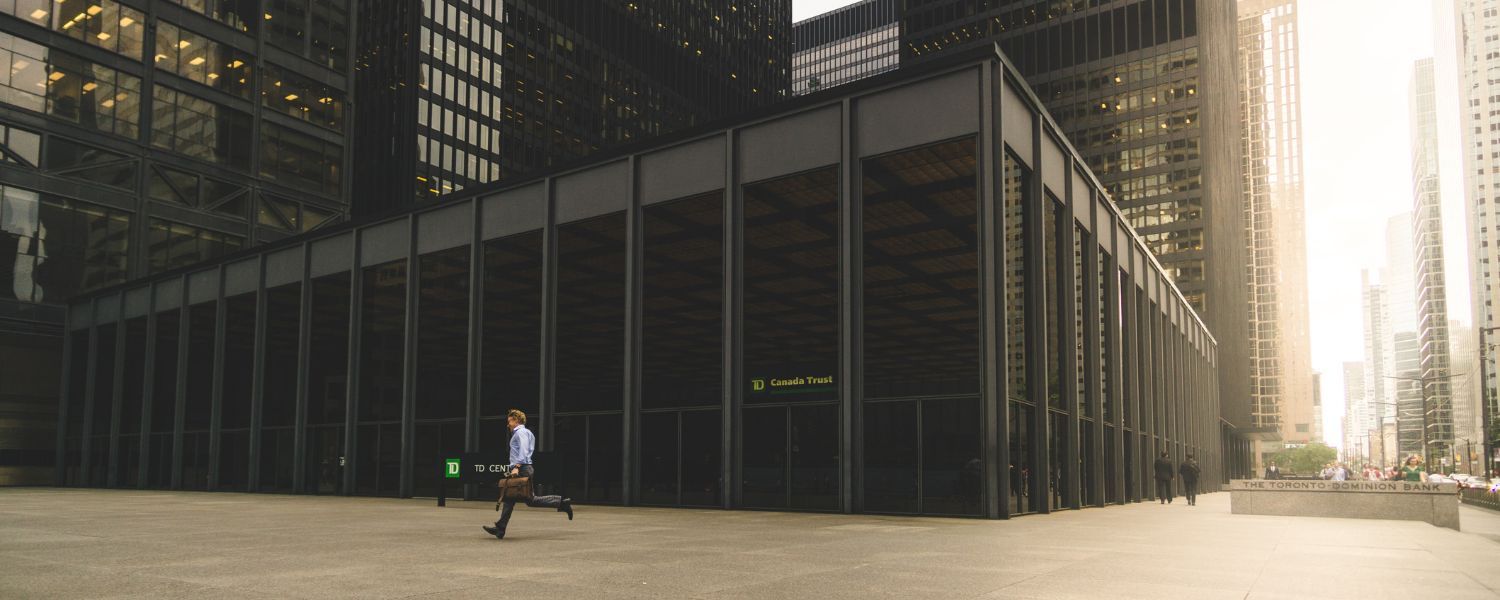Last week in international news, the Silicon Valley Bank collapsed as a couple of unsuitable investments meant they were facing possible losses of $17 billion. This caused so much panic amongst the bank's clients that the bank entered a bank run where they experienced withdrawal requests of $42 billion. If you want to understand this a bit more read this article. This blog post is going to focus on bank runs. What are they? Should you be worried? Is there anything you can do to mitigate your risk if one happens?.
A bank run occurs when a large number of depositors make withdrawals from a bank because they are worried that their money may not be safe in the bank, i.e. they are not confident in the bank any longer. The rush from everyone to withdraw their funds all at once, causes a sudden and significant depletion of the bank's cash reserves. Banks work on a fractional reserve system meaning they only have enough money on hand to pay out a fraction of the current deposits at any given time; the rest is used to loan out to other depositors. If the bank is unable to meet the demand for withdrawals, it may be forced to close its doors or declare bankruptcy.
Bank runs can be triggered by a variety of factors, including rumours of insolvency, economic downturns, or high-profile failures of other financial institutions. The panic and fear that accompanies a bank run can quickly spread to other banks, leading to a broader financial crisis. This is something we are seeing happen this week as Credit Suisse, a large Swiss bank with global exposure, is now making international headlines about its own liquidity troubles.
Overall, bank runs can have serious consequences for both individual depositors and the broader economy. This makes it important for governments and financial institutions to take steps to prevent them from occurring. They do things like providing deposit insurance, which guarantees that depositors will be reimbursed up to a certain amount in the event of a bank failure. They may also provide emergency loans or other forms of financial assistance to troubled banks in order to prevent their collapse.
Some Francly Speaking readers will remember 2014 when African Bank, a major South African lender, experienced financial difficulties and was placed under curatorship by the South African Reserve Bank. African Bank was heavily exposed to the country's struggling consumer debt market, and its financial problems led to a sharp decline in the value of its shares and bonds. As news of the bank's troubles spread, depositors became concerned about the safety of their savings and began withdrawing their funds.
The African Bank crisis was a significant event in South Africa's financial history, highlighting the risks and vulnerabilities of the country's banking system and the importance of regulatory oversight and risk management. The crisis also led to reforms aimed at strengthening the resilience of the financial sector and improving consumer protection.
Bank runs are few and far between, so there is no need to stress about them but there are a couple of things you can do to protect yourself against the effects of a potential bank run.
- Keep your deposits within the limits of deposit insurance. The laws around South African deposit insurance are a bit mysterious at the moment with every publication reporting something different. However, us South Africans can take comfort in the fact that after previous bank runs deposits of up to R50 000 were paid out. There is also currently a law on the table that will make deposit insurance of R100 000 official.
- Diversify your deposit. If you’ve got anything over R100 000 in deposits at one bank - First of all, well done, will you write a blog for us about how you did that? Secondly, a lot of that money should rather be invested in other products that can generate you a better return than a bank account can (unit trusts, ETFs etc).
- Don't panic. While bank runs can be a serious concern, it is important to remain calm and not make any rash decisions that could put your finances at risk. If you are concerned about your bank or the banking system, consider speaking with a financial advisor or other professional to get advice on how to protect your money.
- Keep some cash on hand: In the event of a bank run or other financial crisis, it can be useful to have some cash on hand to cover your immediate needs.
Overall, while it is important to be aware of potential risks to your finances, it is not necessary for the average South African to live in fear of a bank run. Instead, focus on taking steps to protect your finances and make informed decisions about your investments and banking relationships.







![What's the Level of Financial Literacy in South Africa? [+ financial literacy quiz]](/blog/content/images/size/w600/2023/09/financial-literacy.png)


